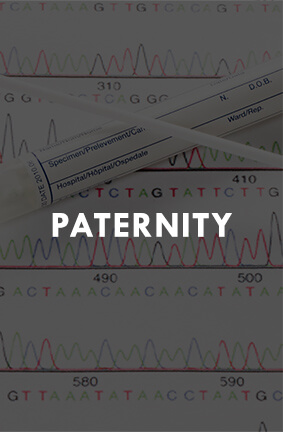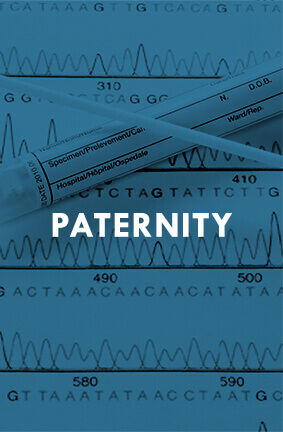The Consolidated Omnibus Budget Reconciliation Act (COBRA) provides dependents facing insurance loss due to legal divorce with the option to continue health insurance coverage on the insured spouse’s plan for up to 36 months after the divorce at the expense of the dependent.
- Temporary
- Continuation of coverage can only be elected for up to 36 months
- Expensive
- The dependent is responsible for premiums and for coverage of up to 102% of the cost of the plan.
You or your spouse must inform your insurance plan administrator and request coverage information within 60 days of your legal separation or divorce. The covering employer has up to 45 days to send a COBRA election notice and plan information. If you opt for coverage under COBRA, be prepared for high healthcare costs and out-of-pocket expenses. Note that COBRA applies to employers with more than 20 employees and does not apply to churches, certain tax-exempt religious organizations, and some federal government employees.
 Trisha Festerling
Divorce Attorney
Trisha Festerling
Divorce Attorney
 Corey Montiho
Divorce Attorney
Corey Montiho
Divorce Attorney
 Jeremy Chavez
Divorce & Criminal Defense Attorney
Jeremy Chavez
Divorce & Criminal Defense Attorney
 Stephannie Guzy
Divorce & Criminal Defense Attorney
Stephannie Guzy
Divorce & Criminal Defense Attorney
 Madeline Schlederer
Divorce Attorney
Madeline Schlederer
Divorce Attorney
 Chase Cripe
Divorce Attorney
Chase Cripe
Divorce Attorney
 Genelle Johnson
Divorce Attorney
Genelle Johnson
Divorce Attorney
 Hannah Smet
Divorce Attorney
Hannah Smet
Divorce Attorney
 Joseph Kennedy
Divorce & Criminal Defense Attorney
Joseph Kennedy
Divorce & Criminal Defense Attorney
 Kaitlin Grasswick
Divorce Attorney
Kaitlin Grasswick
Divorce Attorney
 Kira Visser
Divorce & Criminal Defense Attorney
Kira Visser
Divorce & Criminal Defense Attorney
 Tom Grieve
Divorce & Criminal Defense Attorney
Tom Grieve
Divorce & Criminal Defense Attorney
 Adam J. Kachelski
Divorce & Criminal Defense Attorney
Adam J. Kachelski
Divorce & Criminal Defense Attorney






























